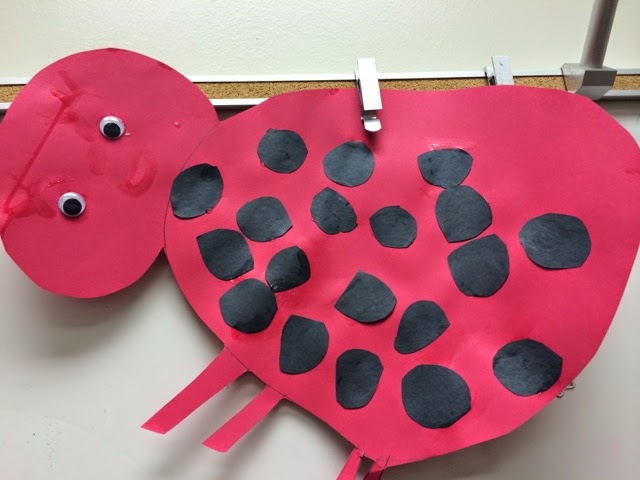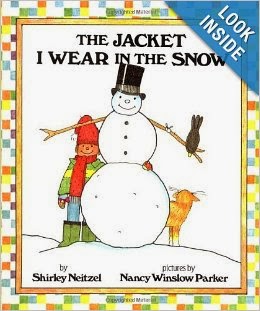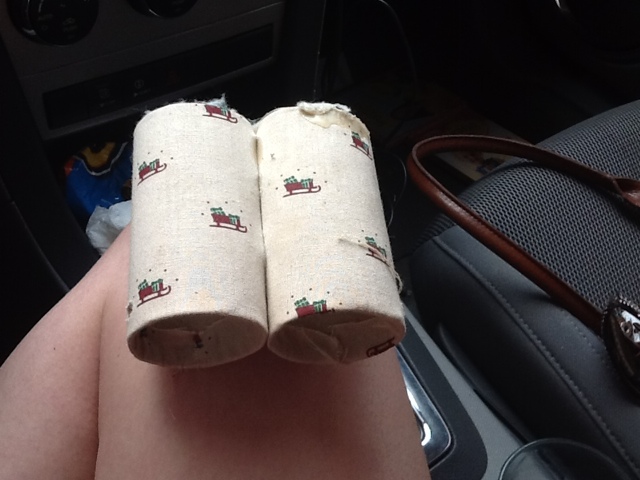Grouchy ladybug activity for easy repetition practice for apraxia.
I have a little secret. I’m a speech/language pathologist, but at times, I’m artistically challenged. I can’t tell you how many times my kids have laughed at my pictures. I do think back to grade school and I remember getting mad about art activities telling my teachers I would never need to use art EVER in the real world. Oh life sure has a sense of humor! Being artistically challenged however,



